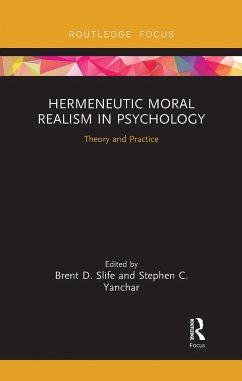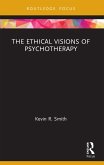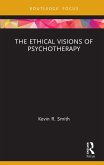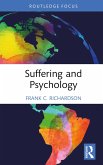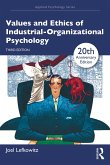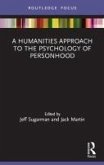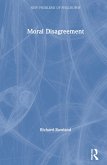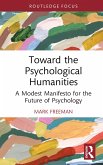Traditional sources of morality-philosophical ethics, religious standards, and cultural values-are being questioned at a time when we most need morality's direction. Research shows that though moral direction is vital to our identities, happiness, productivity and relationships, there is a decline in its development and use, especially among younger adults.
This book argues that hermeneutic moral realism is the best hope for meeting the twenty-first century challenges of scientism, individualism, and postmodernism. In addition to providing a thorough understanding of moral realism, the volume also takes preliminary steps toward its application in important practical settings, including research, psychotherapy, politics, and publishing.
This book argues that hermeneutic moral realism is the best hope for meeting the twenty-first century challenges of scientism, individualism, and postmodernism. In addition to providing a thorough understanding of moral realism, the volume also takes preliminary steps toward its application in important practical settings, including research, psychotherapy, politics, and publishing.

